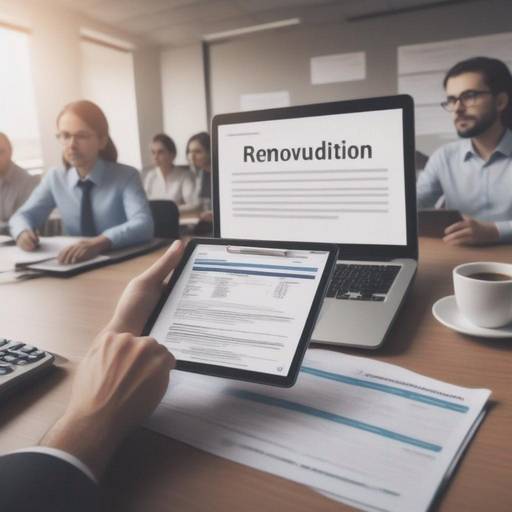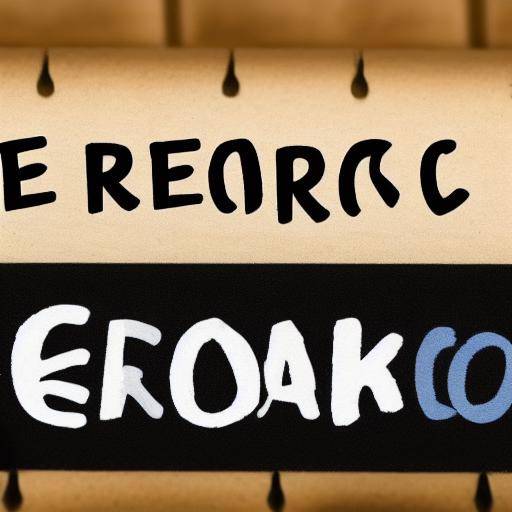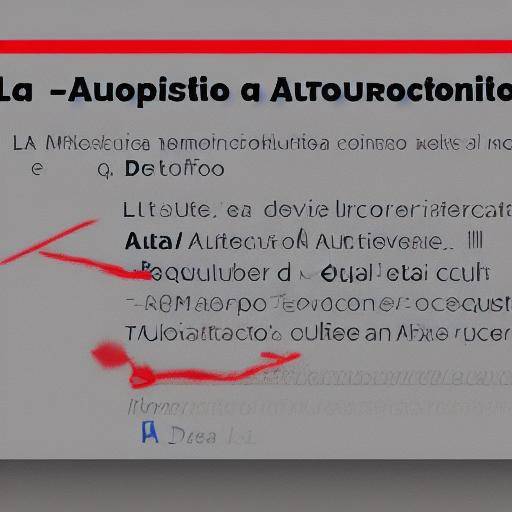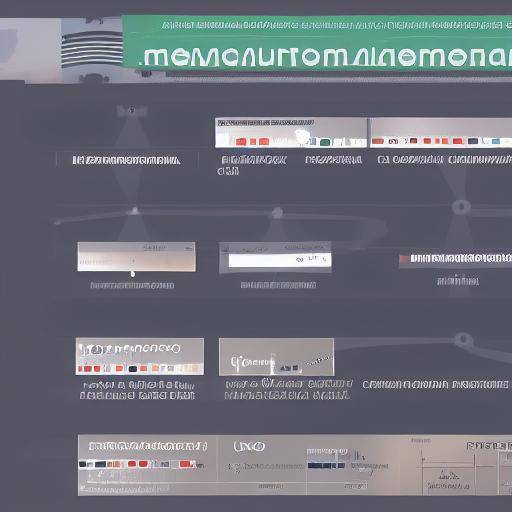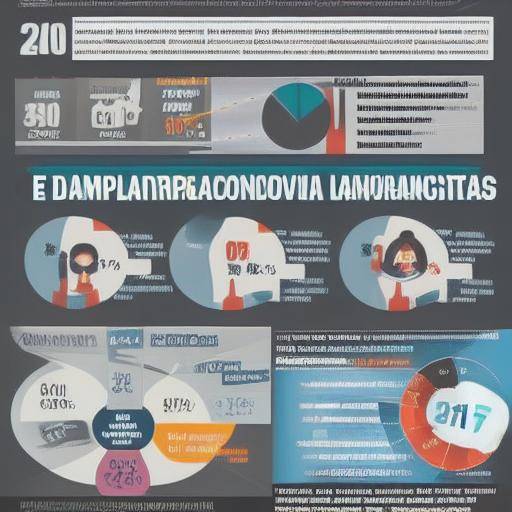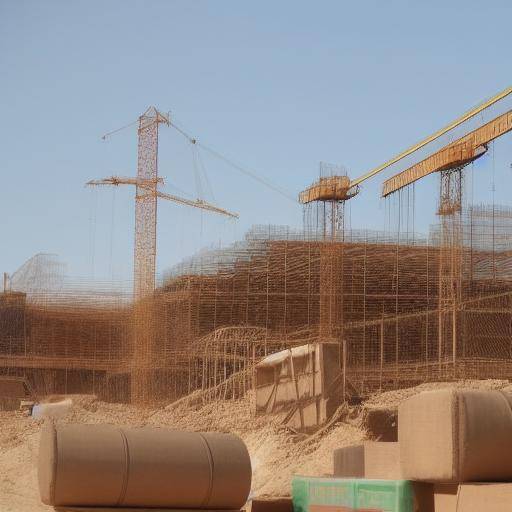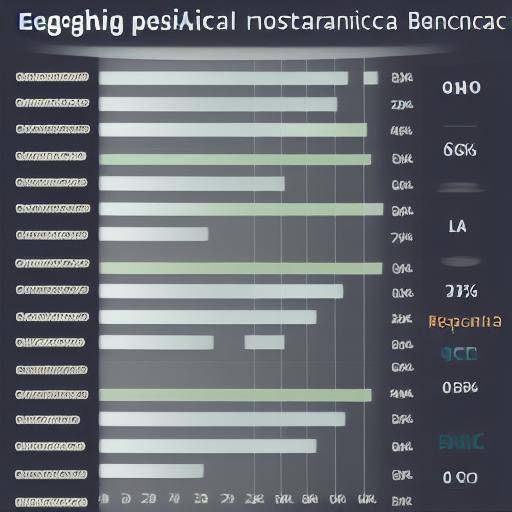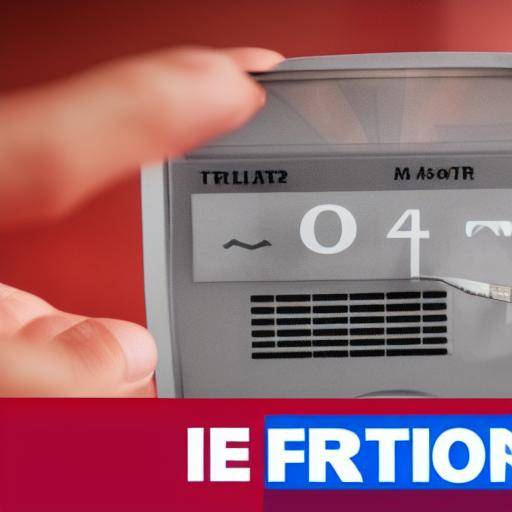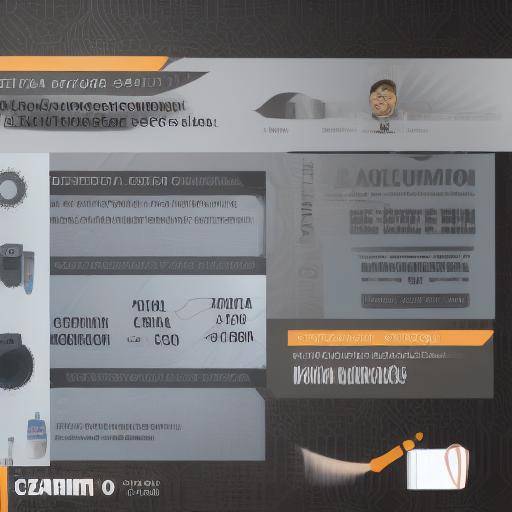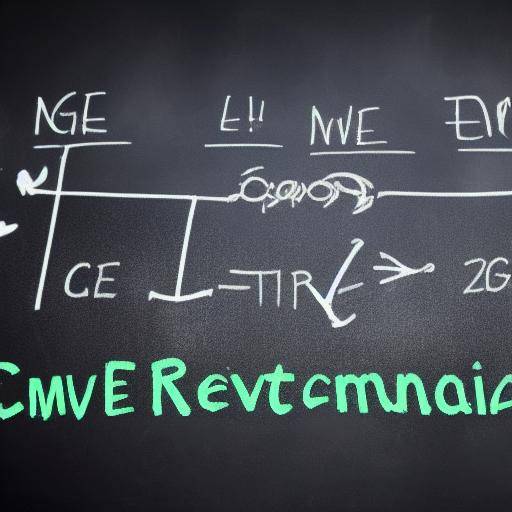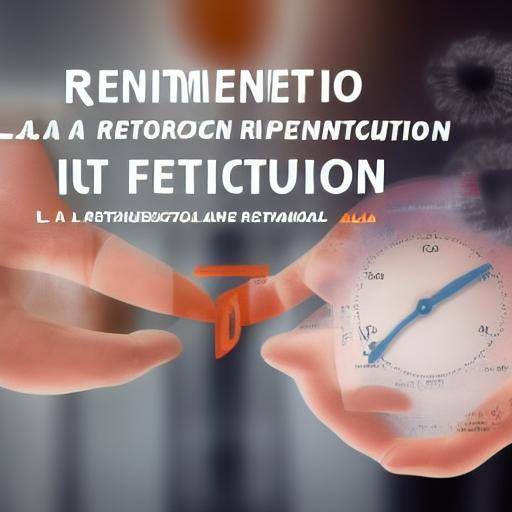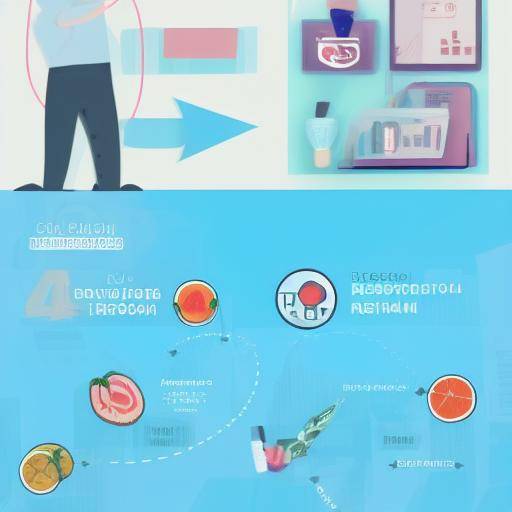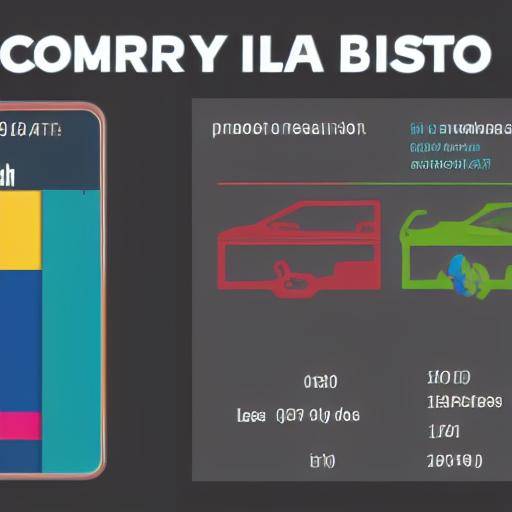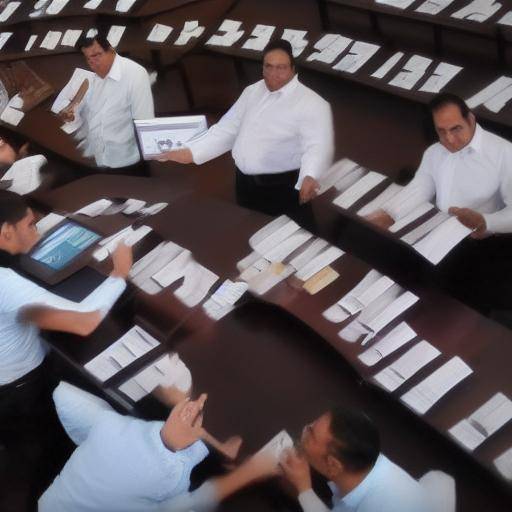
Introduction
Feedback, rewards and continuous improvement are fundamental components in the current working environment. Understanding the impact of feedback on the effectiveness of the reward system is crucial to the development and motivation of workers. In this article, we will thoroughly explore the relationship between feedback and the reward system, as well as its influence on continuous improvement in various fields. From its origin to future trends, we will examine current practices, provide practical advice, present expert opinions and illustrate with real examples to better understand their importance in the field of work.
History and Background
The feedback, a concept rooted in psychology and organizational behavior, has evolved from being a simple form of communication to becoming a fundamental pillar for development and improvement of performance. From the early theories of feedback from the 1920s to modern 360° evaluation methodologies, the concept has experienced significant evolution.
The connection between feedback and the reward system has been a key theme in performance management. Initially, the rewards focused mainly on tangible aspects, such as wage increases or bonds, but over time the importance of feedback has been recognized as an emotional and motivational reward, influencing employee commitment and productivity.
Case Study: Implementation of 360° Feedback
An emblematic case of the influence of feedback on the reward system is the implementation of 360° evaluations in a multinational company. By introducing a comprehensive feedback system that involves superiors, colleagues, subordinates and customers, the company achieved greater clarity in individual competencies and performance. This improvement in feedback allowed a redefinition of reward systems, with a more personalized and motivating approach.
Analysis in Deep
Initiating an effective feedback process can be a challenge for many organizations. The difficulty lies in providing constructive and specific comments that encourage growth without demotivating the individual. On the other hand, the system of rewards must be equitable, transparent and aligned with organizational objectives to generate a positive impact on motivation and performance.
The implementation of continuous improvement strategies based on feedback and rewards requires a holistic approach that encompasses organizational culture, effective communication and the development of talent. It is essential to understand that feedback can act as a reward in itself, providing employees with a sense of recognition and valuation.
Current Outlook and Trends
Current trends in human resources management have highlighted the importance of continuous and personalized feedback, as well as the diversification of the rewards offered. Companies are exploring innovative approaches, such as the use of technologies to facilitate real-time feedback and the implementation of non-monetary reward programmes, such as labour flexibility, professional development and public recognition.
Comprehensive review
The effective implementation of feedback and the rewards system is closely related to best practices and expertise. The creation of an environment in which feedback is well received and rewards are valued allows a continuous improvement of individual and organizational performance.
Best Practices
- Establish clear and objective criteria for feedback and rewards.
- Promote an open and constructive feedback culture.
- Adopt an equitable approach in the distribution of rewards.
Experts Opinan
According to the survey carried out by a human resources consulting firm, 85 per cent of employees believe that constant and effective feedback is crucial to their professional development. In addition, 70% of employees find that non-monetary rewards, as learning opportunities, are equally important in their work satisfaction and commitment to the organization.
Comparative analysis
The feedback, the reward system and the continuous improvement are closely interconnected in their impact on employee development. Effective feedback can directly influence the effectiveness and equity of the reward system, which in turn drives the continuous improvement of employee performance and motivation.
Illustrative Scenarios
- An employee who receives constructive feedback on their interpersonal skills and is rewarded with leadership opportunities can experience significant growth in their performance and commitment.
- On the contrary, the lack of clear and consistent feedback can undermine the effectiveness of the reward system, generating demotivation and a perception of injustice.
Practical Tips and Accessible Advice
Steps to Implement an Effective System of Feedback and Rewards
- Establish a regular feedback cycle including 360° evaluations.
- Align the rewards with the individual achievements and objectives of the organization.
- Provide training to managers and employees on how to give and receive constructive feedback.
- Diversify rewards to include non-monetary aspects that motivate and recognize effort.
Benefits of Continuous Improvement through Feedback and Rewards
- It promotes the identification of areas of improvement and individual strengths.
- It contributes to the creation of a positive and collaborative working environment.
- Encourages commitment and retention of employees.
Perceptions of Industry and Expert Reviews
Some human resource experts suggest that, to boost effective continuous improvement, organizations should consider the implementation of feedback systems and rewards that adapt to the changing nature of the work and the expectations of employees. Recurring feedback and recognition, combined with reward systems that promote equity and transparency, are critical to keeping employees motivated and committed in a dynamic working environment.
Case Studies and Practical Applications
Case Study: Technology Company
A technology company implemented a continuous feedback program that included rewards based on recognition of significant achievements and contributions. As a result, the company experienced a significant improvement in employee retention and team motivation, leading to an increase in innovation and productivity.
Future Trends and Predictions
Future trends point to a greater emphasis on feedback customization and reward systems, using data-based approaches to identify individual performance patterns and development needs. The integration of advanced technologies, such as artificial intelligence, is expected to play a crucial role in continuous improvement through feedback and rewards.
Conclusion
Effective feedback, the equitable application of the reward system and the continuing momentum for individual and organizational improvement are essential to success in the current working environment. By understanding the interconnection between feedback, reward system and continuous improvement, organizations can enhance the development of their employees and achieve optimal performance.
Frequently Asked Questions (FAQ)
1. What is the importance of feedback in the working context?
Feedback in the working environment is essential to provide employees with a clear understanding of their performance, identify areas of improvement and recognize achievements.
2. What role does the system of rewards play in employee motivation?
The reward system directly influences the motivation of employees by recognizing and evaluating their contribution, which can boost commitment and performance.
3. How can continuous improvement be implemented through feedback and rewards?
Continuous improvement can be implemented by establishing a regular feedback cycle, aligning rewards with individual achievements and providing effective feedback training.
4. What is the impact of feedback and rewards on employee retention?
Effective feedback and equitable rewards can improve employee retention by cultivating an environment of personal recognition and development.
5. How can companies adapt feedback systems and rewards to the changing expectations of employees?
Businesses can adapt their systems by customizing feedback and rewards, using data-based approaches to meet individual needs.
6. What are the emerging trends in the field of feedback and reward systems?
Emerging trends include the integration of advanced technologies, such as artificial intelligence, to customize feedback and rewards according to performance patterns.
In short, understanding the relationship between feedback, rewards and continuous improvement is crucial for the success of organizations and the development of their employees. By applying effective feedback and reward strategies, companies can motivate, retain and enhance the growth of their human talent.
With this knowledge, organizations are equipped to foster a working environment that promotes the excellence, innovation and constant commitment of their partners.


